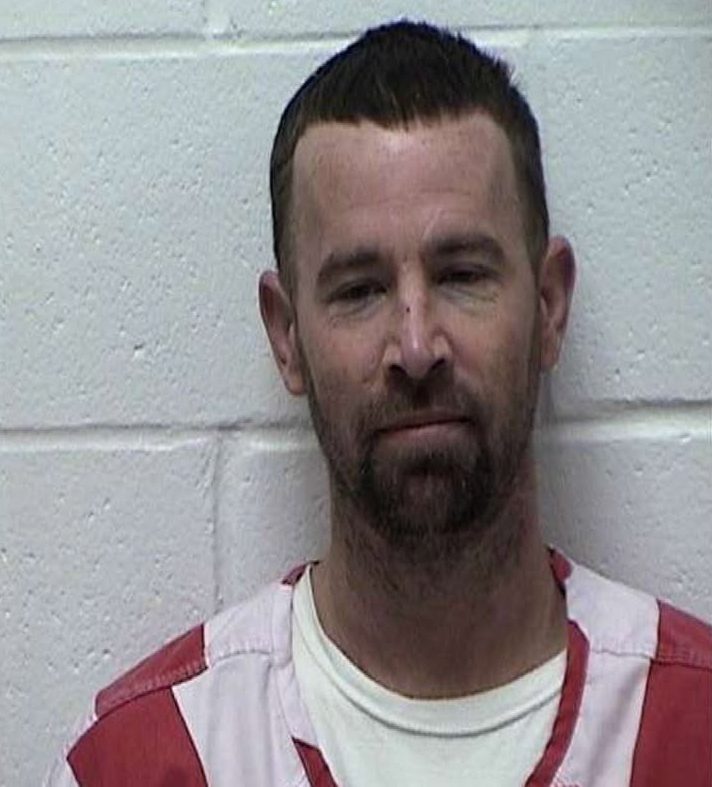The volatile cycle of energy dependence
Published 3:02 pm Wednesday, December 20, 2006
As the holidays quickly approach, the price of gasoline is rising. Americans have come to expect an explanation for energy prices that yo-yo up and down in a volatile, seemingly never-ending cycle. But there’s hope. In fact, Mississippians are largely responsible for creating it and for ensuring America achieves our goal of energy independence.
We will announce construction next week of a facility in East Mississippi that will basically turn dirt into energy. A substance here called lignite, often referred to as “brown coal,” can be turned into a gas and burned to fuel power plants.
Lignite won’t propel your car, but this project is part of what I’ve been asking our nation to do for years — adopt a broad, “whole package” approach to energy independence. That package has two main components: traditional energy sources like oil and natural gas, and alternative energy sources largely derived from plant and animal byproducts.
Back in October, I told you about an exciting new facility at Vicksburg, the first plant in the southeast solely dedicated to making ethanol, a fuel derived from corn that can be used in conventional gasoline engines. Mississippi also will be the site of a major biodiesel facility in the Delta which will use plant products to make fuel for typical diesel engines.
Just this week it was reported that yet another alternative energy-generating facility will come to South Mississippi. It’s a project using refuse from a Wiggins paper mill — like bark, wood scraps and damaged wood products — to supplant the use of traditional fuels like gas, oil or coal when the prices of those traditional energies become unstable. As one of the company’s officials correctly noted, when you take the volatility out of a local market with highly fluctuating energy prices, that means lower costs for manufacturers and electric power producers. It translates into cheaper prices for customers.
The best news about lignite, ethanol, biodiesel or bark is not that they’re found in large quantities here in Mississippi but that they lower prices. These sources are renewable and don’t come from Saudi Arabia, Nigeria, Venezuela or any countries with dubious attitudes about America and with no interest in our national security.
I’ve warned Washington repeatedly that America’s energy situation is also a national security issue. I needn’t remind Mississippians how dangerous it is to entrust America’s energy supply and economic well-being to nations that either openly acclaim terrorists or secretly subsidize them.
That means, in addition to harvesting America’s alternative energy resources, we’ve got to use domestic traditional energy resources, too. The Senate has passed a measure that will significantly expand oil and gas production in the Gulf of Mexico and provide more lease revenues to Gulf States like Mississippi, Louisiana, Alabama and Texas which allow and support this production.
Alternative fuel from natural products and more domestic energy production of traditional fuels are energy sources that bolster Mississippi’s economy and enhance America’s security. You’re probably thinking both ideas make pretty good sense, and they do. But keep in mind there are special interests on both the energy producers’ and environmentalists’ sides that seem to benefit from the status quo, the vicious cycle of fluctuating energy prices and growing American dependency on foreign nations. In fact, environmental groups which not only oppose traditional energy, but even much of our new renewable energy technologies, are now aligning against the Senate bill to expand energy production in the Gulf. And record profits in the oil industry are causing more and more Americans to have legitimate questions about whether the oil and gas markets are being monopolized or manipulated.
America can’t afford ever-increasing energy prices. Through a duel approach mandating more domestic production of traditional and alternative energy, America will end the vicious, volatile cycle of energy dependence, charting a new independent direction. I’m proud to say that Mississippians, from Wiggins to Washington, are leading the way.





